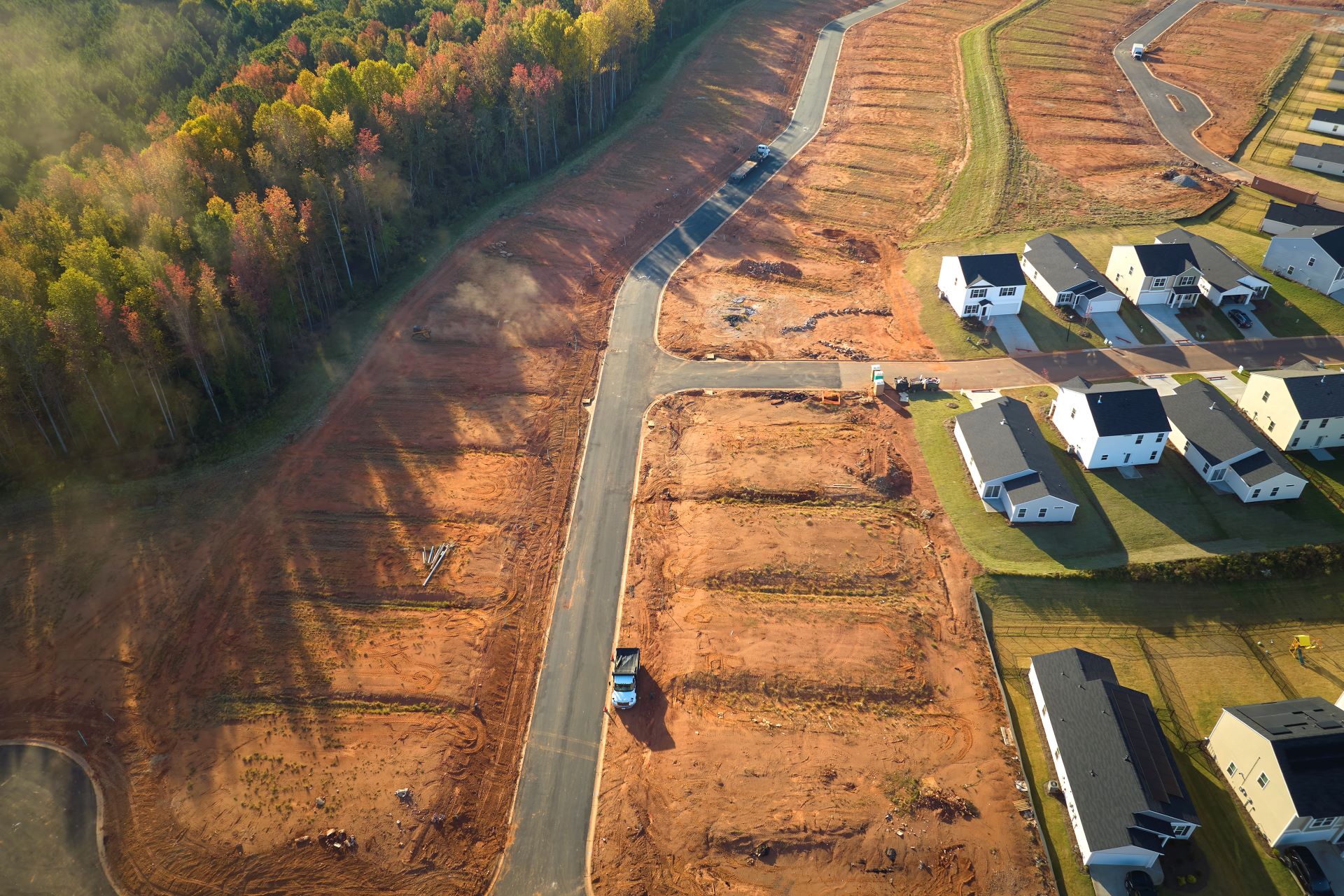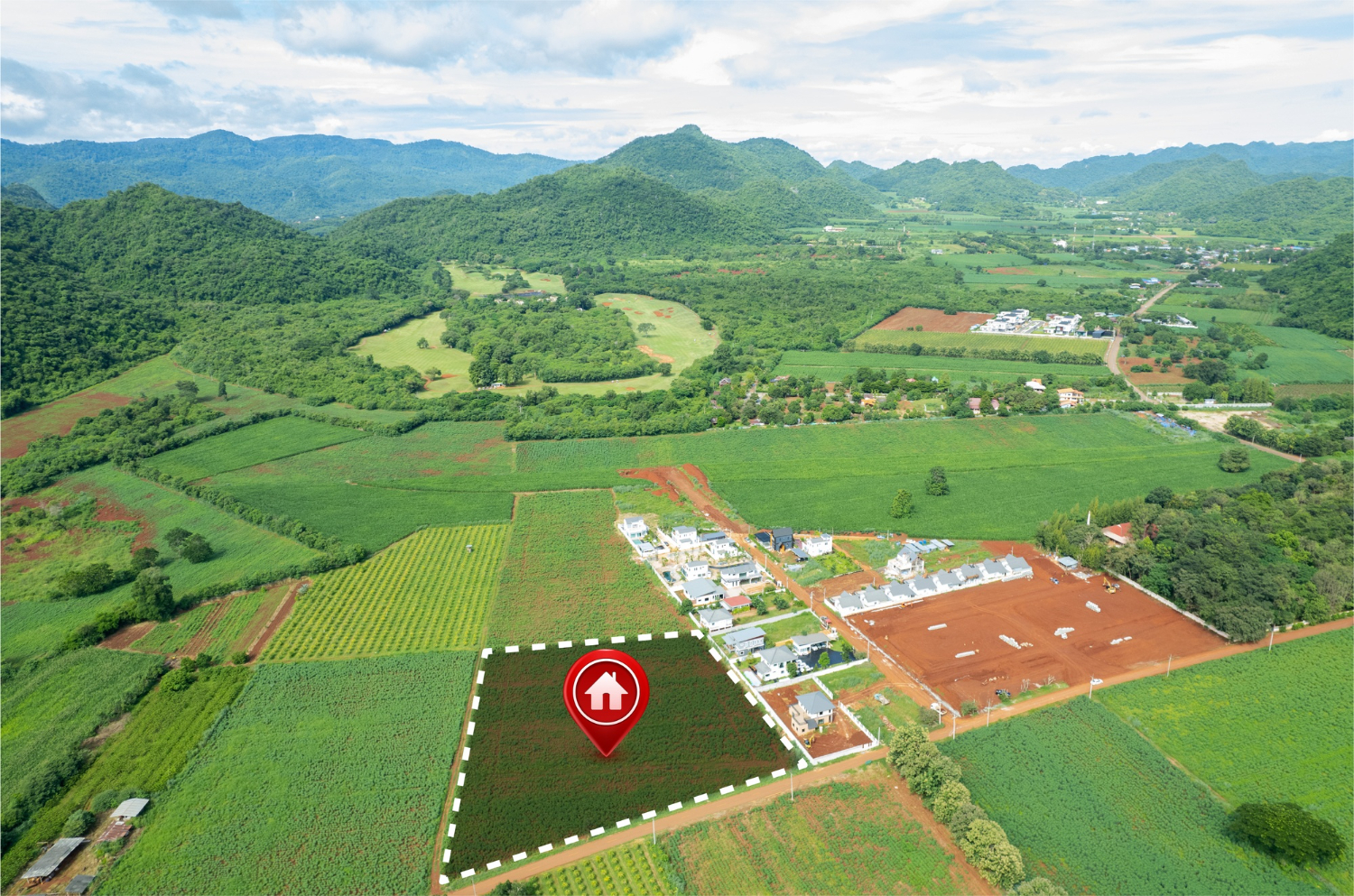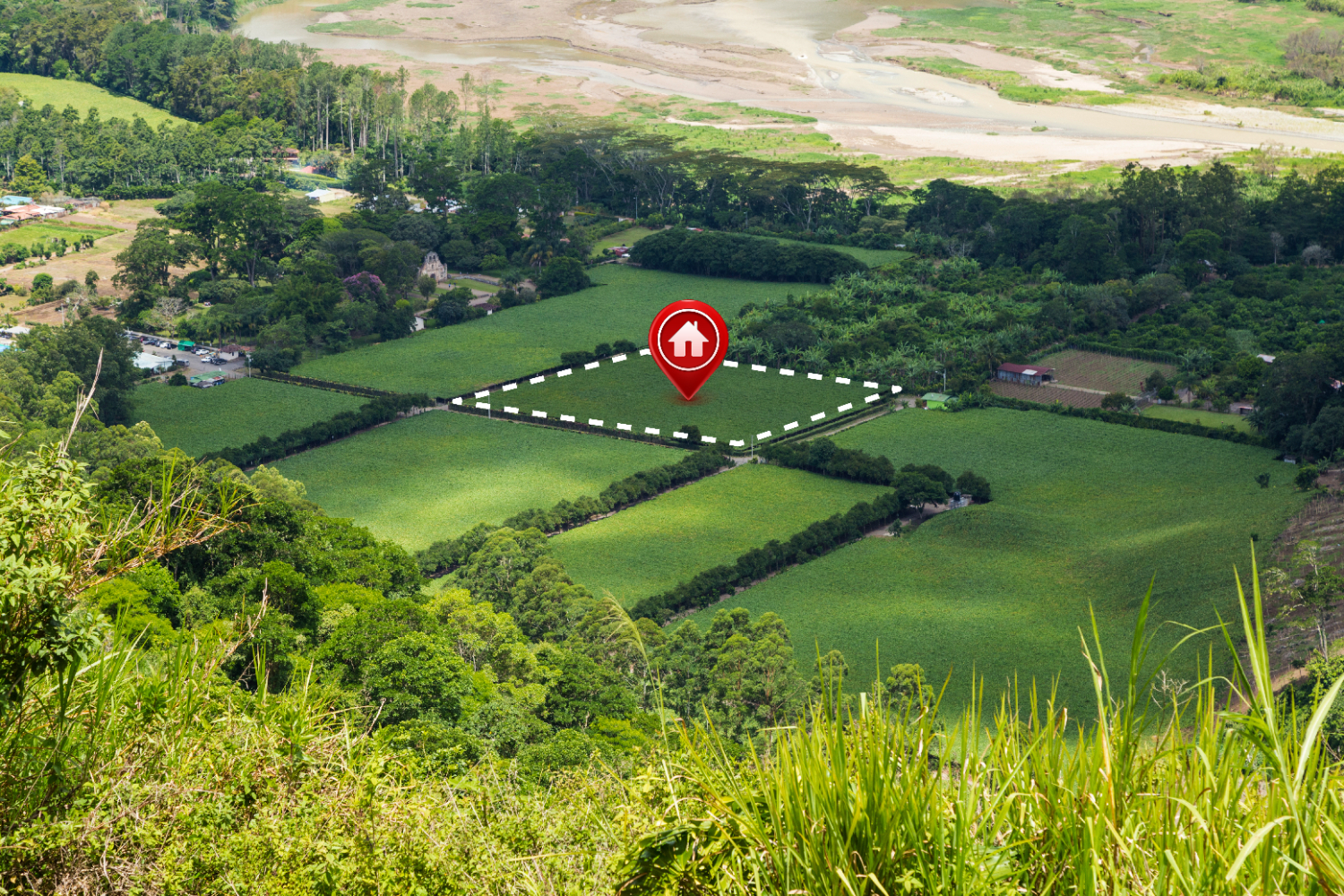As a landowner contemplating the sale of your property, one of the most crucial decisions you’ll face is whether to sell the land as it is in its undeveloped state or invest time and resources into development before listing it on the market. While both options carry their specific advantages and drawbacks, choosing the right strategy can greatly impact your returns and overall success in the land sales process.
In this comprehensive guide, we will delve into the factors and considerations that will help you weigh your options and make an informed decision about whether to sell undeveloped or developed land. From understanding the potential financial benefits and risks of each approach to examining the influence of market trends and zoning regulations, our in-depth discussion will provide insights into the complex world of land development and sales.
1. The Financial Implications: Returns vs. Investment
One of the most significant factors influencing your decision to sell undeveloped or developed land is the financial implications of each approach. Here, we’ll discuss the potential benefits and risks associated with each option:
– Selling Undeveloped Land: Selling your property as-is, in its undeveloped state, typically requires less upfront investment and a shorter time frame for the sales process. This option allows you to avoid the costs and risks associated with land development, such as construction expenses, permitting fees, and unforeseen delays or complications. However, selling undeveloped land may limit your potential returns, as the land’s value may not fully reflect its development potential.
– Investing in Development: Developing your land before selling can potentially increase its value and attract a broader range of buyers interested in turnkey properties. This approach can lead to a higher sales price, providing a greater return on investment. However, developing land requires a substantial upfront investment, and there is no guarantee that the increased value will outweigh the costs of development. Additionally, navigating the complex world of permitting, construction, and compliance can be time-consuming and challenging.
2. Market Trends and Property Demand
Understanding the current market trends and property demand in your area plays a vital role in determining the best strategy for selling your land. Consider the following factors when making your decision:
– Demand for Undeveloped Land: If there is a strong demand for undeveloped land in your area due to factors such as limited supply, increasing land prices, or a growing population, selling your property as-is may be the most beneficial strategy. In high-demand scenarios, buyers may be willing to pay a premium for undeveloped land, providing you with maximum returns without the need for further investment.
– Demand for Developed Land: Conversely, if there is a high demand for developed properties in your area, investing in development before selling may maximize your potential returns. This may be particularly relevant in areas experiencing strong economic development, job growth, or infrastructure improvements that attract buyers looking for move-in-ready properties.
3. Zoning Regulations and Land Use Restrictions
Zoning regulations and land use restrictions can significantly impact your land’s development options and its overall value. Before deciding whether to sell or develop your property, consider the following factors:
– Zoning Laws: Consult with local authorities or land-use professionals to understand the zoning regulations applicable to your property. If your land’s zoning is highly restrictive or its permitted uses are limited, investing in development projects may not be feasible, making selling undeveloped land a more viable option.
– Environmental Protections: If your property is subject to environmental protections, such as wetland regulations or habitat conservation measures, these restrictions can impose additional development constraints and increase the complexity of land-use permits. In such cases, selling undeveloped land may be the more favorable approach.
4. Assessing Your Resources and Goals
Ultimately, the decision of whether to sell undeveloped or developed land will depend on your specific resources and goals. Reflect on the following personal considerations to help guide your decision-making process:
– Financial Resources: Evaluate your financial situation and determine whether you have the necessary funds to invest in land development. It’s crucial to create a detailed budget for development projects and remember to account for potential delays and additional costs that may arise during the process.
– Time Commitments: Developing land can be a lengthy and time-consuming process. Assess your availability and willingness to dedicate time to managing the development project, including obtaining permits, overseeing construction, and addressing any potential challenges.
– Risk Tolerance: Assess your level of risk tolerance. Developing land before selling carries greater risks, such as overruns, project delays, or fluctuations in the housing market, potentially affecting your property value. If you prefer a more conservative approach, selling the land undeveloped may be a better fit for your risk profile.
Making the Right Decision for Your Land Sale Journey
The choice between selling undeveloped or developed land is a complex decision that requires thoughtful consideration of factors such as financial implications, market trends, zoning regulations, and personal resources and goals. By evaluating these aspects and keeping your specific circumstances and objectives in mind, you’ll be better equipped to make an informed decision that sets the stage for a successful land sale experience.
Whether you ultimately decide to sell your land as-is or invest in development before listing it on the market, embrace the insights and lessons offered by this comprehensive exploration of land sale options, and embark on your land-selling journey with confidence, knowledge, and clear direction. Reach out to us today at 7Land Corp to get the most out of your land-selling efforts!




